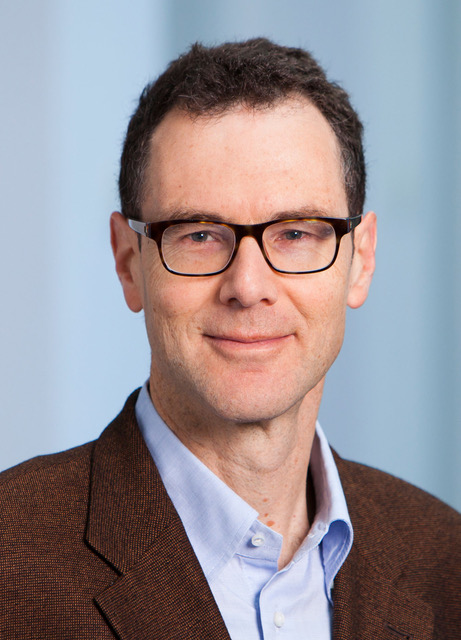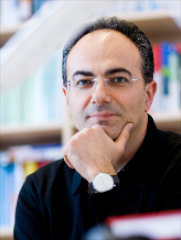Keynote Speakers

David Basin is a full professor of Computer Science at ETH Zurich. He received his Ph.D. in Computer Science from Cornell University in 1989 and his Habilitation in Computer Science from the University of Saarbrucken in 1996. From 1997–2002 he held the chair of Software Engineering at the University of Freiburg in Germany. His research areas are Information Security and Software Engineering. He is the founding director of the ZISC, the Zurich Information Security Center, which he led from 2003-2011. He is Editor-in-Chief of the ACM Transactions on Privacy and Security and of Springer-Verlag's book series on Information Security and Cryptography. He serves on various management and scientific advisory boards, co-founded three security companies, and has consulted extensively for IT companies and government organizations.
Title: Usable Security: Reasoning about the Human in the System
Abstract: Complex systems involve humans, not just machines. Security protocols are a good example of this as in many cases humans are the ultimate endpoints. There are critical differences between humans and machines: humans are not only computationally weaker than machines, they are naive, careless, and gullible. We present foundations, methods, and tool support for formalizing and reasoning about security protocols used by fallible humans. We provide case studies of authentication protocols that show how different protocol constructions and features differ in their effectiveness with respect to different kinds of human errors. This provides a starting point for a fine-grained classification of security protocols from a usable-security perspective.

Schahram Dustdar is Professor of Computer Science heading the Distributed Systems Group at the Technical University of Vienna (TU Wien). From 2004-2010 he was also Honorary Professor of Information Systems at thevDepartment of Computing Science at the University of Groningen (RuG), The Netherlands. From 1999 - 2007 he worked as the co-founder and chief scientist of Caramba Labs Software AG in Vienna (acquired by EngineeringNetWorld AG), a venture capital co-funded software company focused on software for collaborative processes in teams. Caramba Labs was nominated for several (international and national) awards. From Dec 2016 until Jan 2017 he was a Visiting Professor at the University of Sevilla, Spain and from January until June 2017 he was a Visiting Professor at UC Berkeley, USA. He is co-Editor-in-Chief of the new ACM Transactions on the Internet of Things as well as Editor-in-Chief of Computing (Springer). He is an Associate Editor of IEEE Transactions on Services Computing, IEEE Transactions on Cloud Computing, ACM Transactions on the Web, and ACM Transactions on Internet Technology, as well as on the editorial board of IEEE Internet Computing and IEEE Computer. Dustdar is recipient of the ACM Distinguished Scientist award (2009), the IBM Faculty Award (2012), the IEEE TCSVC Outstanding Leadership Award, for Outstanding Leadership in Services Computing (2018), an elected member of the Academia Europaea: The Academy of Europe, where he is chairman of the Informatics Section, as well as an IEEE Fellow (2016).
Title: Software Engineering the Fabric of IoT, People, and Systems
Abstract: In this talk I will explore the integration of people, software services, and things with their data, into a novel resilient ecosystem, which can be modeled, programmed, and deployed on a large scale in an elastic way. This novel paradigm has major consequences on how we view, build, design, and deploy ultra-large scale distributed systems and establishes a novel foundation for an “architecture of value” driven Smart City. In particular, this talk addresses three novel paradigms for designing the service-oriented information systems of the future: Elastic Computing, Social Compute Units, and Osmotic Computing. These three paradigms serve as a foundation for future large-scale distributed systems. Furthermore, we will discuss our responsibilities as computer scientists, technologists, and researchers for creating technologies, which benefit society in a positive way, thereby strengthening the new fabric of interconnected people, software services, and things into a novel resilient ecosystem.